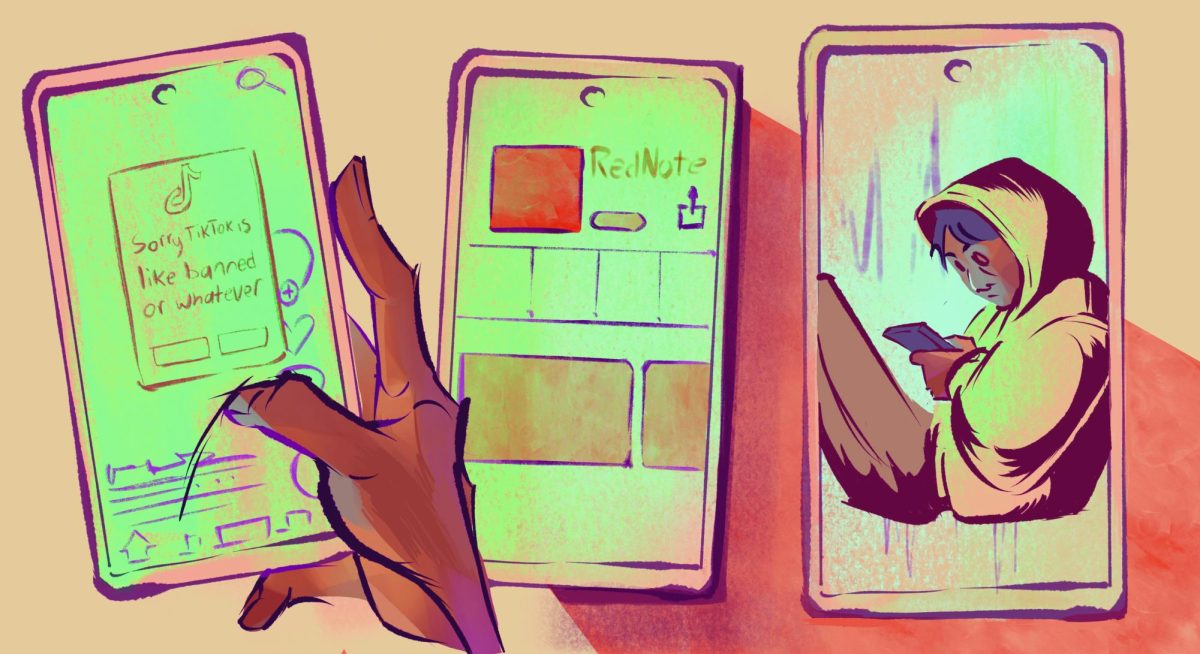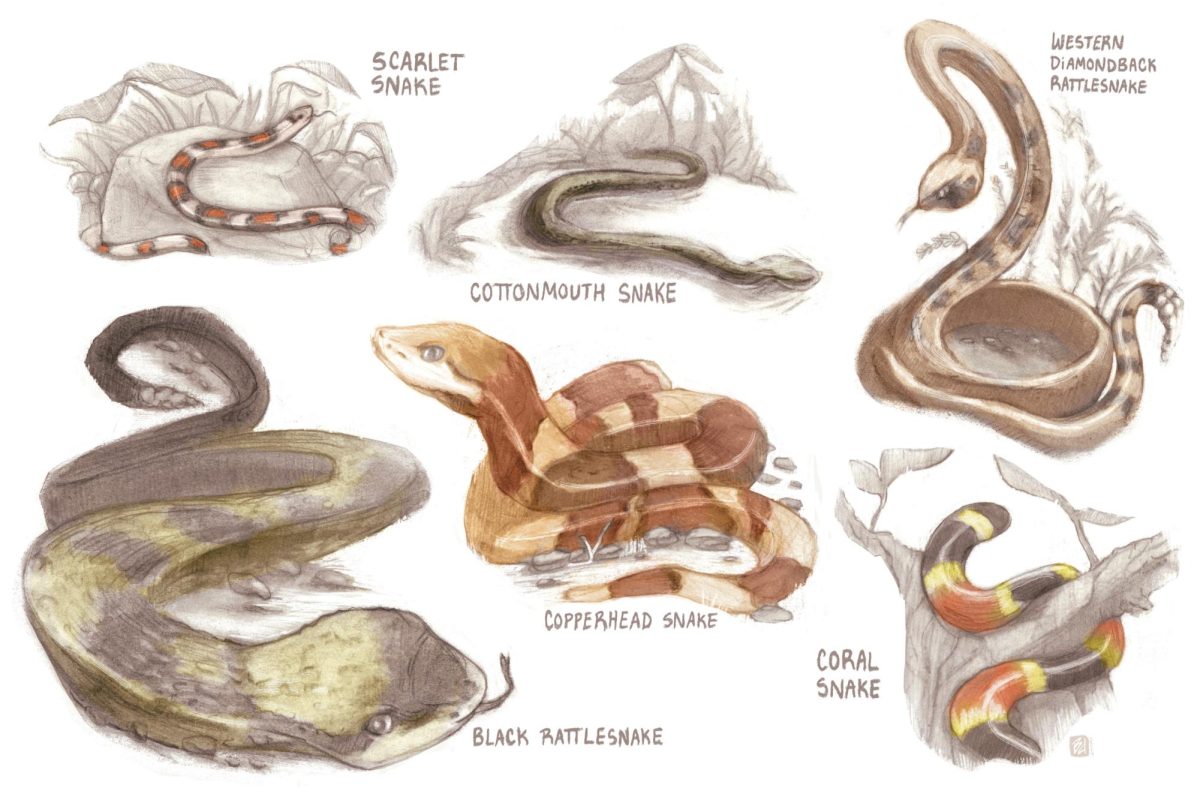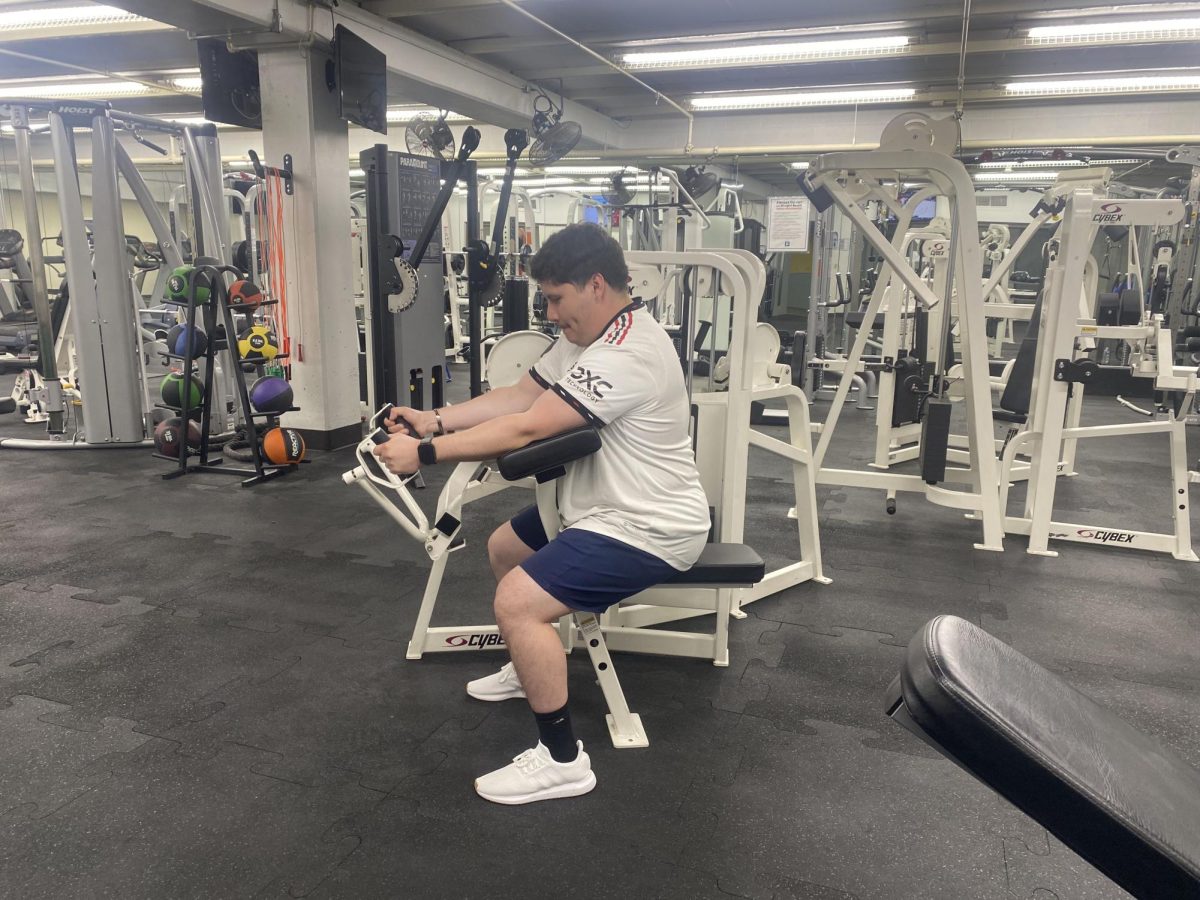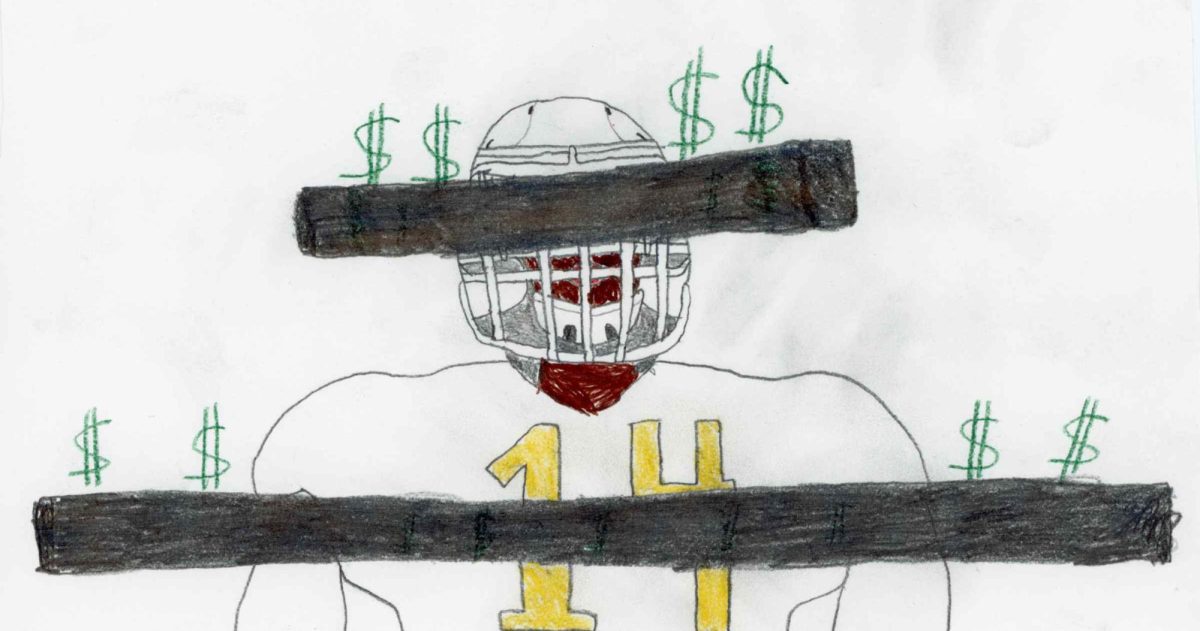By Dr. Dank
Dope Columnist
Contrary to the current administration’s opinion, the opioid crisis is not tied to the recreational use of marijuana.
On Feb. 23, Sean Spicer, White House press secretary, hinted at a possible breakup with recreational marijuana usage.
During his daily press conference, Spicer was asked what the Trump administration’s position on marijuana legalization was. Spicer said the president understands that medical marijuana aids people with the pain and side effects they experience going through treatment, but it is not the same as recreational marijuana.
Federal and state marijuana laws conflict because medical marijuana is legal in 28 states, including Washington D.C., and legal for recreational use in eight, but it is still illegal nationwide under federal law, according to the National Conference of State Legislatures.
As if the marijuana community wasn’t paranoid enough already, Spicer said states with recreational marijuana could see greater enforcement from the feds. The Department of Justice has not commented on the issue as of press time.
In a speech to law enforcement March 15 in Richmond, Virginia, Attorney General Jeff Sessions said using marijuana to treat opioid addiction is a desperate attempt by the community to get it legalized.
As a regular marijuana consumer, I can confidently say federal legalization of marijuana has always been uncertain – that’s nothing new. What bothered me about the press conference was that Spicer said recreational marijuana would encourage the opioid addiction epidemic raging through parts of the U.S. today.
“There is a big difference between [medical marijuana] and recreational marijuana,” Spicer said, “and I think that when you see something like the opioid addiction crisis blossoming in so many states around this country, the last thing that we should be doing is encouraging people [to consume recreational marijuana].”
I want to clarify that the two are not related.
In a study published in the JAMA Internal Medicine journal October 2014, researcher Colleen Barry of Johns Hopkins Bloomberg School of Public Health and her colleagues reported states that legalized medical marijuana had a 25 percent lower death rate from opioid overdose.
A 2015 study led by Rosalie Liccardo Pacula, a health economist of RAND Corporation, found that medical marijuana dispensaries were associated with a 16-31 percent decrease in opioid overdose deaths compared to states without them, according to statnews.com.
The opioid epidemic spurred from pharmaceutical companies frivolously prescribing powerful and highly addictive pain killers, such as oxycodone, morphine, codeine and hydrocodone, according to the American Academy of Pain Medicine. People then turned to the black market to find these drugs, or heroin, when their prescriptions were no longer available.
According to The National Academies of Sciences, Engineering and Medicine, strong evidence supports the effectiveness of medical marijuana and marijuana extracts in treating chronic pain. Marijuana treats pain effectively and causes less harm to the body than prescription painkillers.
According to a Quinnipiac poll, 93 percent of Americans support medical marijuana legalization, while recreational use has a 59 percent support rate.
Legalization of marijuana isn’t the only way to end the opioid epidemic, but it will be a tremendously helpful start.
Some of my closest friends have struggled with opioid addiction. Their illnesses had nothing to do with marijuana but began when their surroundings changed – hanging with the wrong people and buying prescription medications illegally – eventually leading them to heroin, rehab and jail time.
Cutting the number of prescription painkillers prescribed and substituting them with safe alternatives is the first step in fighting opioid addiction. In doing so, the availability of these pills in the black market will decrease, and in turn, the number of people turning to heroin hopefully will drop.
Proper drug education is essential as well, not by scaring people with possible effects, but by providing a better understanding of the effects these drugs have on the mind and body.
But insinuating that marijuana relates to opioid addiction in the U.S. is very misleading and shows a lack of intelligence on the subject.






